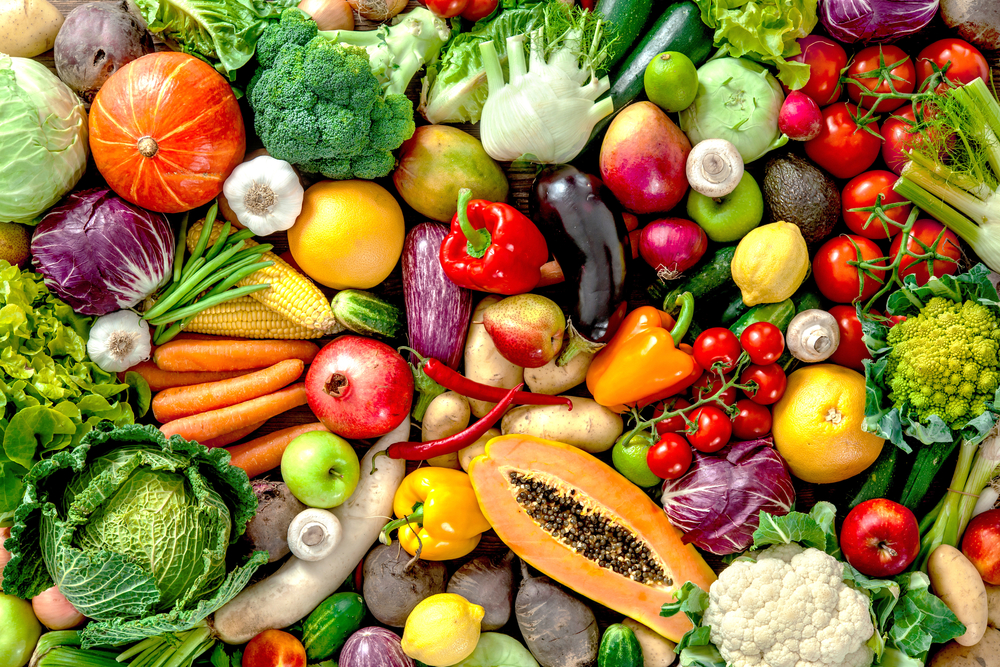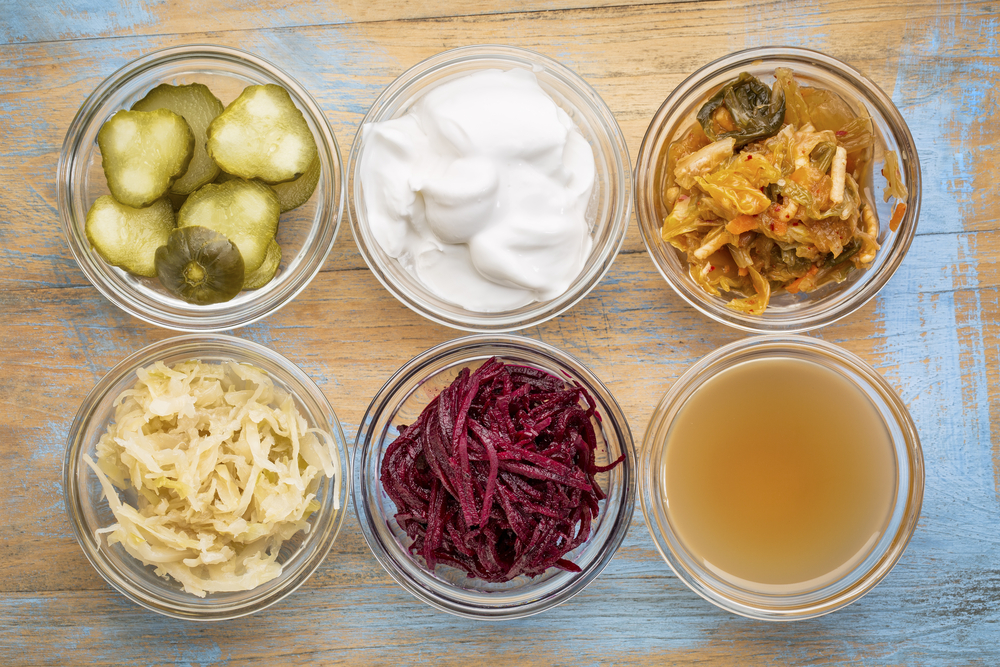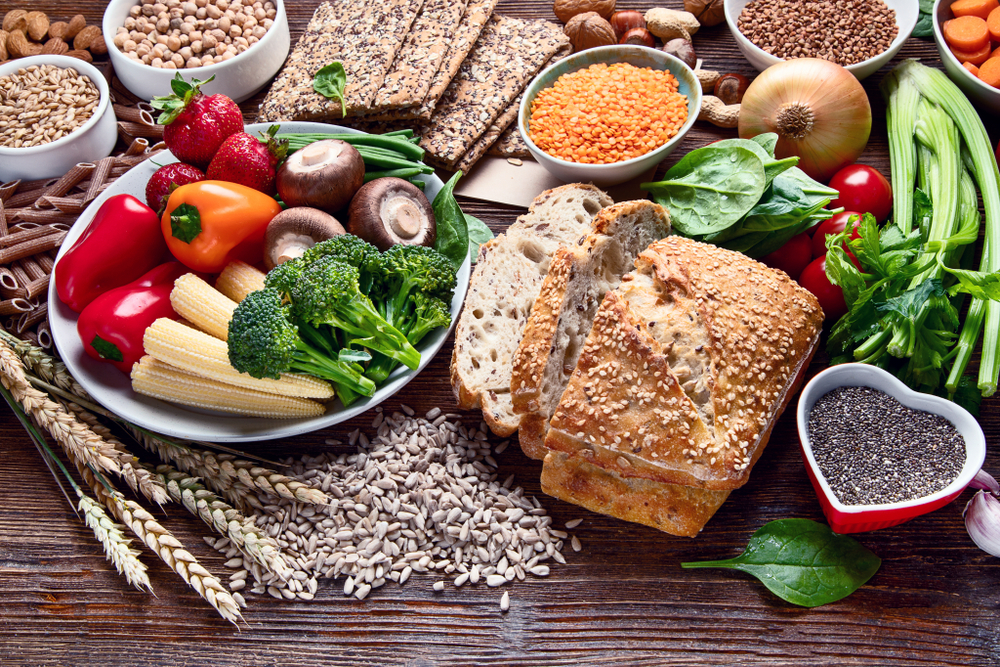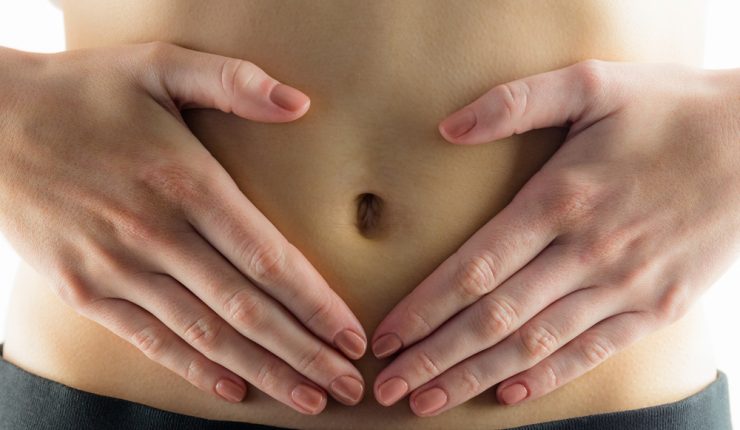“I’m really struggling with my digestion. One minute I am constipated and the next it’s diarrhoea. It doesn’t seem to relate to what I’ve eaten, as it happens so randomly. I don’t have any pain and I’m not losing weight. My GP says it’s IBS but doesn’t really have a solution. I did have quite a long course of antibiotics a couple of years ago for repeated urinary tract infections, so I’m wondering if this could have something to do with it?”
Clinical nutritionist, Suzie Sawyer, replies:
There can be many reasons for digestive upsets, and IBS is a broad term for a range of symptoms. It’s interesting you’ve had repeated courses of antibiotics, though, as these can really upset the gut microbiome, leading to digestive issues.
My first thoughts would be to work on gut health. Think of the gut microbiome, those billions of bacteria that live in the gut and are so essential for health, as a garden that wants to be lovingly tended. It needs to be seeded, fed, and then nurtured.
Introduce Prebiotics – seeding

For starters, the gut microbiome needs its roots in good order, the seeding stage. This comes in the form of prebiotics, the good guys that probiotics feed on. All colourful fruits and vegetables help provide prebiotics but at this sensitive stage, I suggest you take a prebiotic supplement.
Galactooligosaccharides can be bought as a supplement from health food stores and are generally in powdered form which you can add to a drink, sprinkle over cereals or include in a smoothie (they are not unpleasant to take).
Start probiotics – feeding

After a month, you can start to introduce probiotics in supplement form and in fermented foods and drinks. These include kimchi, kombucha, tofu, tempeh, natto and natural live yogurts. Sometimes, this can create a little more flatulence because you’ve almost stirred up a feeding frenzy! However, this is good news for the gut. Foods such as Jerusalem artichokes, aubergines, asparagus, and green tea also provide prebiotics and probiotics.
What to else to eat – nurturing

As for nurturing, this is an on-going process and including plenty of fibre-rich foods in your diet to carry on the good work is essential. I recommend you focus on vegetables rather than a lot of fruit, as fruit sugar, fructose, can often cause digestive upsets. However, be mindful of the colour and make sure you put a variety on your plate.
Food Intolerances
Moving forwards, it might be beneficial to think about doing some food allergy and intolerance testing, as antibiotics tend to cause leaky gut which is often the root cause of intolerances.
Obviously, allergies are for life, but you can manage them through the right nutrition and lifestyle changes. It can take time to restore the gut back to normal but don’t despair.
And finally, I hope your UTIs are better now, but if you are still struggling it’s worth trying some D-Mannose (also available in health food stores) which has amazing research for resolving ongoing issues.
























Add comment